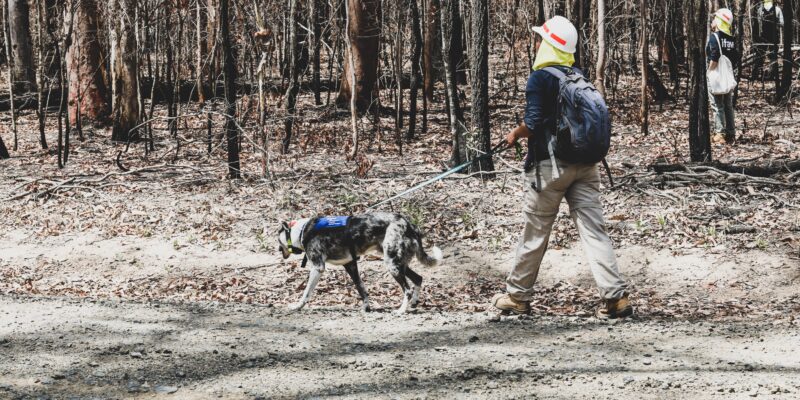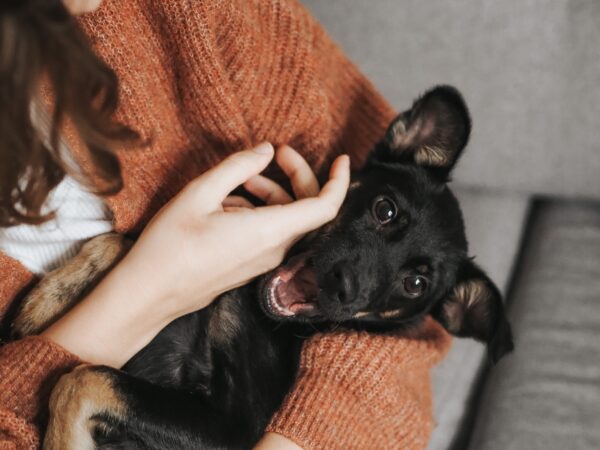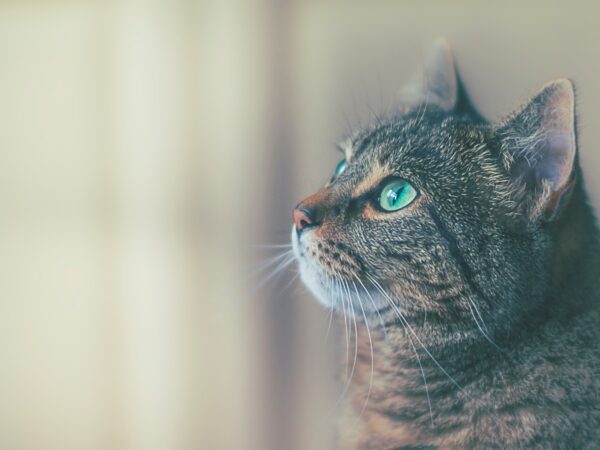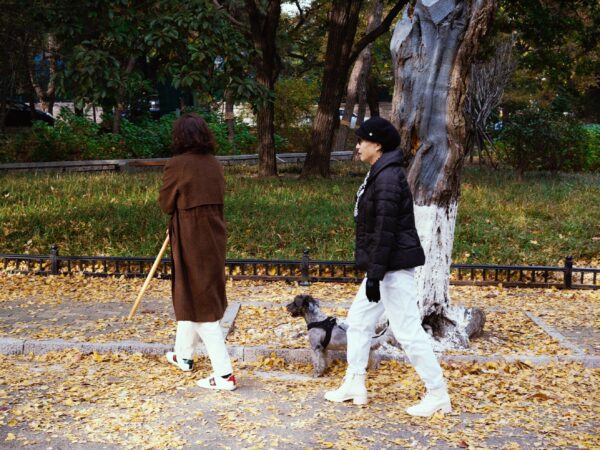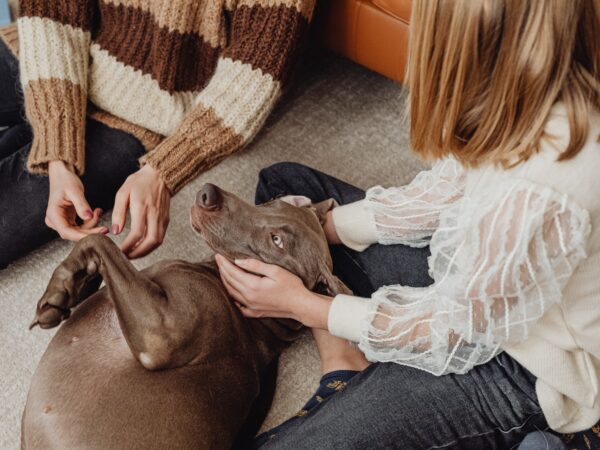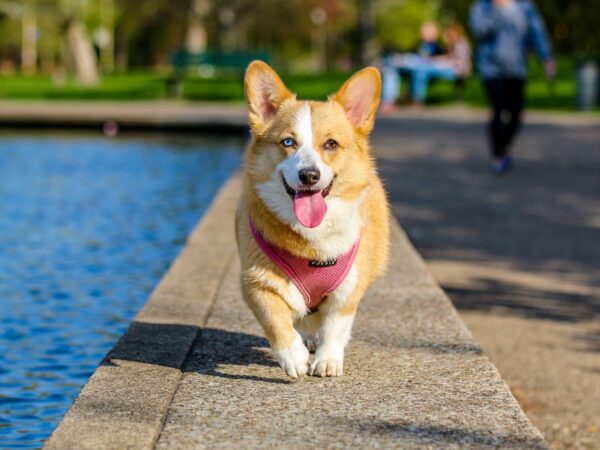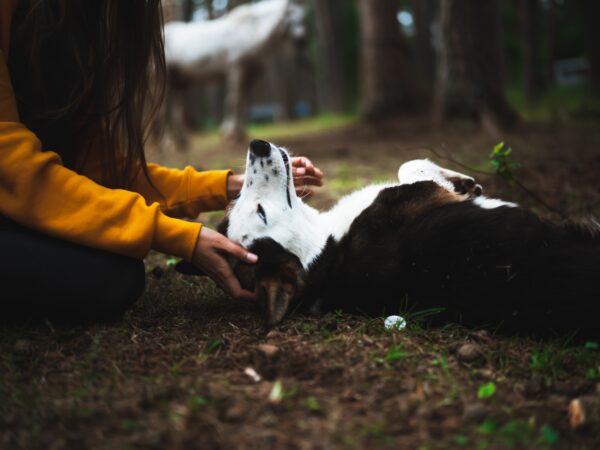Animals have been an integral part of human life for centuries, and they continue to play an important role in our lives today. We rely on animals for food, transportation, work, and even emotional support. But did you know that there are certain animals that help humans in more ways than we can ever imagine?
From carrying heavy loads to assisting with medical research, these animals have proven to be lifesavers in many ways. In this article, we will dive into some of the animals that help humans to survive.
Horses:
One of the most well-known animals that have been helping humans for centuries is the horse. Horses have been used for transportation, work, and leisure activities for thousands of years.
Their speed, agility, and strength make them ideal for carrying heavy loads and transporting people across long distances. In addition to transportation, horses have also been used in agriculture, helping plow fields and harvest crops.
But horses are not just work animals. They are also used for leisure activities, such as horseback riding, racing, and equestrian competitions. Horses have a special bond with humans and can provide emotional support and therapy for people with mental health issues.
Dogs:
Dogs are known as man’s best friend for a reason. They have been domesticated for over 15,000 years and have helped humans in a variety of ways. They are used as guard dogs to protect property, police dogs to assist officers in their work, and search and rescue dogs to locate missing people.
But dogs are not just working animals. They make great companions and can provide emotional support for people with anxiety, depression, or PTSD. They are also used in therapy sessions to help people relax and feel more comfortable.
Cats:
Cats have been domesticated for over 9,000 years and have been helping humans in various ways. They are commonly kept as pets and are great companions for people living alone. But cats have also been used for pest control, keeping rodents and other small pests at bay.
In ancient Egypt, cats were revered as gods and were often depicted in artwork and sculptures. They were believed to have healing powers and were even mummified after they died. Today, cats are still beloved pets, and their calming presence can help people reduce stress and anxiety.
Pigs:
Pigs are not just farm animals. They have been helping humans in different ways for centuries. Pigs are used for their meat and have been a significant source of food for many cultures. But pigs have also been used in medicine. Their skin is similar to human skin, making it an ideal substitute for skin grafts for burn victims. Pigs are also used in research to study human diseases, such as cancer and diabetes.
Pigs are intelligent animals and can be trained to do various tasks. They are used as therapy animals in some settings, and their calming presence can help people relieve stress and anxiety.
Bees:
Bees play a crucial role in the ecosystem, but they also help humans in many ways. They are responsible for pollinating crops, which helps to produce fruits, vegetables, and nuts. They also produce honey, which is a natural sweetener that is used in various foods and drinks.
But bees are facing numerous threats, such as habitat loss, pesticides, and disease. Their decline could have a significant impact on our food supply and the environment. It is essential to protect bees and their habitats to ensure their continued ability to help humans and the ecosystem.
Conclusion:
So, animals have helped humans for centuries, and their contributions are invaluable. From transportation and work to emotional support and research, these animals have played a significant role in our lives.
However, It is essential to appreciate and protect these animals to ensure their continued ability to help us.
As we continue to rely on animals, we need to ensure that they are treated with respect and care they deserve.


